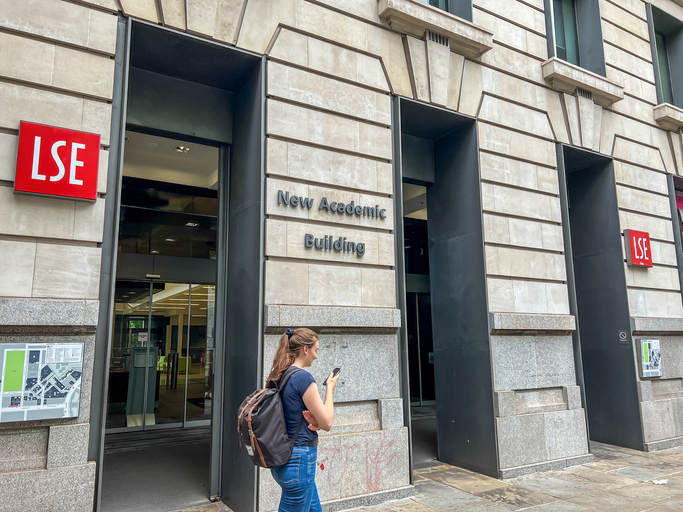Education and economic growth are two important factors that are closely linked. It is widely accepted that investing in education can help boost the economy and development. In this article, we will explore the connection between education and economic growth.
See Also: Education and Training in the Workforce
First and foremost, education plays a crucial role in providing individuals with the skills and knowledge they need to succeed in the labor market. A well-educated workforce is essential for a country’s economic development. Individuals with higher levels of education are more likely to fine employment. They earn higher wages and contribute more to the economy. They are also more likely to be innovative, creative, and adaptable, which can help businesses and industries grow and succeed.
In addition, education can also help reduce income inequality and promote social mobility. When individuals have access to the quality education they are better able to achieve upward mobility and improve their economic prospects. This, in turn, can lead to a more productive and prosperous society.
Furthermore, education is a critical driver of technological innovation, which can lead to economic growth and development. As individuals acquire knowledge and skills in science, technology, engineering, and math, they can contribute to the development of new things. This can help businesses and industries become more competitive and drive economic growth.
On the other hand, a lack of investment in education can hinder economic growth and development. When individuals do not have access to quality education, they may lack the skills and knowledge needed to succeed. This can lead to a less productive workforce, lower wages, and reduced economic growth.
In addition, a lack of investment in education can also exacerbate income inequality and social divisions. Without access to quality education, individuals from low-income or marginalized communities may be unable to achieve upward mobility, which can perpetuate cycles of poverty and social inequality.
Furthermore, a lack of investment in education can also hinder technological innovation and competitiveness. Without a well-educated workforce, businesses and industries may be unable to keep pace with technological advances, which can lead to a decline in economic growth and competitiveness.
In conclusion, the connection between education and the economy is clear. Investing in education can help boost economic growth, reduce income inequality, promote social mobility, and drive technological innovation. Conversely, a lack of investment in education can hinder economic growth, exacerbate income inequality, and hinder technological innovation. As such, it is important for governments, businesses, and individuals to prioritize education as a critical driver of economic growth and development. By investing in education, we can help create a more productive, prosperous, and equitable society for all.



















